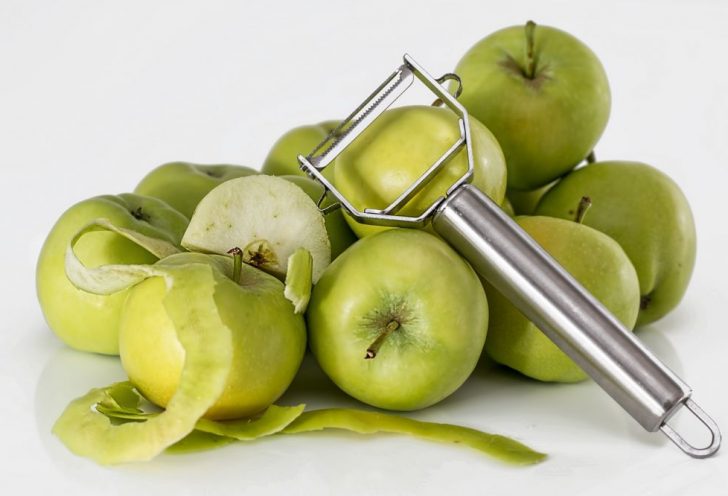Diet for PCOS: Managing Symptoms and Promoting Health

Introduction
Polycystic ovary syndrome (PCOS) is a hormonal disorder that affects many women of reproductive age. One effective way to manage PCOS symptoms and promote overall health is through diet. In this article, we will provide a comprehensive overview of diet for PCOS, including its types, popular approaches, quantitative measurements, differences between diets, and a historical review of their advantages and disadvantages.
Overview of Diet for PCOS

Diet for PCOS refers to a specific eating pattern designed to help regulate hormones, manage insulin resistance, control weight, and alleviate symptoms associated with the condition. It focuses on consuming a balanced diet rich in nutrients, while avoiding foods that can exacerbate PCOS symptoms.
Types of Diet for PCOS
Several types of diets have gained popularity among individuals with PCOS. Some common options include the low glycemic index (GI) diet, Mediterranean diet, and the ketogenic diet. Each of these diets has specific features that target different aspects of PCOS management, such as stabilizing blood sugar levels or promoting weight loss.
Low Glycemic Index Diet [H3]
The low GI diet focuses on consuming foods that have a low glycemic index, meaning they release glucose into the bloodstream slowly. This approach helps regulate insulin levels and reduce insulin resistance, a common issue in PCOS. Examples of low GI foods include fruits, vegetables, whole grains, and lean proteins.
Mediterranean Diet [H3]
The Mediterranean diet emphasizes consuming plant-based foods, healthy fats like olive oil, whole grains, lean proteins, and moderate amounts of dairy products. This diet has been associated with improved insulin sensitivity and weight management in women with PCOS.
Ketogenic Diet [H3]
The ketogenic diet involves consuming a high-fat, low-carbohydrate diet to induce a state of ketosis. This metabolic state promotes weight loss and may help improve insulin resistance in some individuals with PCOS. However, the long-term effects and sustainability of this diet for PCOS management require further research.
Quantitative Measurements of Diet for PCOS
When following a diet for PCOS, certain quantitative measurements can be useful in tracking progress and ensuring appropriate nutrient intake. These measurements may include monitoring carbohydrate intake, tracking macronutrient ratios, assessing calorie consumption, and measuring body weight and composition. Consulting with a dietitian can help individuals tailor these measurements to their specific needs.
Discussion on Differences Between Diet for PCOS
While various diet options exist for managing PCOS, they differ in their macronutrient composition, emphasis on certain food groups, and long-term sustainability. For example, the low GI diet focuses on regulating insulin levels, while the ketogenic diet restricts carbohydrate intake to induce ketosis.
Historical Review of Advantages and Disadvantages
Over the years, different diets for PCOS have been studied to evaluate their advantages and disadvantages. For instance, the low GI diet has shown promising results in improving insulin resistance and weight management. However, it may require more effort to adhere to, as it involves carefully choosing low GI foods.
On the other hand, the ketogenic diet has gained popularity due to its potential for rapid weight loss; however, research on its long-term effects and feasibility for women with PCOS is limited. It is essential to consider individual needs, preferences, and medical guidance when choosing a diet for PCOS management.
Conclusion
Diet plays a crucial role in managing PCOS symptoms and promoting overall health. Various diet options, such as the low GI diet, Mediterranean diet, and ketogenic diet, have shown potential benefits for individuals with PCOS. However, it is vital to consult with a healthcare professional or registered dietitian to determine the most suitable diet plan based on individual needs, preferences, and medical conditions.
By providing a comprehensive understanding of different diet approaches, their advantages and disadvantages, and the importance of individualization, this article aims to empower individuals with PCOS to make informed dietary choices and improve their overall well-being.





















